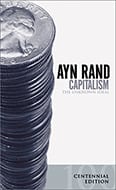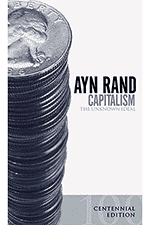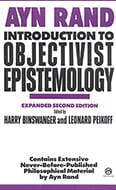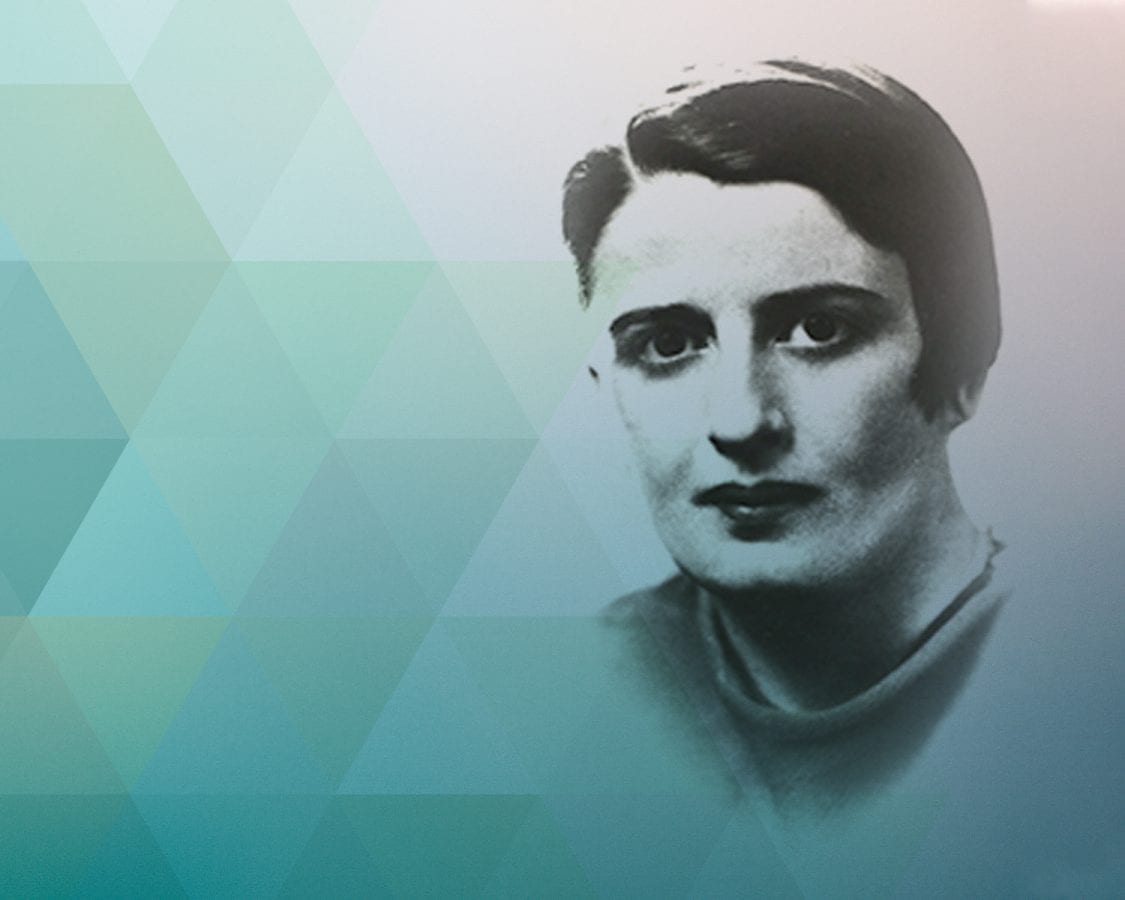This essay was originally published in the September 1964 issue of The Objectivist Newsletter and later anthologized in Capitalism: The Unknown Ideal (1966 and 1967).
Among the many symptoms of today’s moral bankruptcy, the performance of the so-called “moderates” at the Republican National Convention was the climax, at least to date. It was an attempt to institutionalize smears as an instrument of national policy — to raise those smears from the private gutters of yellow journalism to the public summit of a proposed inclusion in a political party platform. The “moderates” were demanding a repudiation of “extremism” without any definition of that term.
Ignoring repeated challenges to define what they meant by “extremism,” substituting vituperation for identification, they kept the debate on the level of concretes and would not name the wider abstractions or principles involved. They poured abuse on a few specific groups and would not disclose the criteria by which these groups had been chosen. The only thing clearly perceivable to the public was a succession of snarling faces and hysterical voices screaming with violent hatred — while denouncing “purveyors of hate” and demanding “tolerance.”
When men feel that strongly about an issue, yet refuse to name it, when they fight savagely for some seemingly incoherent, unintelligible goal — one may be sure that their actual goal would not stand public identification. Let us, therefore, proceed to identify it.
Per our agreement with publishers, to make room for other Ayn Rand non-fiction content, this essay has been temporarily removed, but will return in due course.
About the Author
Ayn Rand
Ayn Rand created and defined her philosophy, Objectivism, in the pages of her best-selling novels, particularly The Fountainhead and Atlas Shrugged, and in a series of nonfiction books that address a wide range of fundamental issues in philosophy.
Born Alisa Rosenbaum in Tsarist St. Petersburg in 1905, Rand witnessed the Russian Revolution as a teenager and promptly condemned communism as immoral for sacrificing the individual to the collective. In 1926, shortly after graduating from the University of Leningrad, she fled to America, adopting the pen name Ayn Rand to shield her family from possible persecution once her anti-communism became well known.
In Hollywood, she wrote scenarios for famous director Cecil B. DeMille and met her future husband on a movie set, but the couple struggled financially for years. Then came a string of writing successes: a Broadway play, followed by her first novel, We the Living (1936), then a novella called Anthem (1938), and later her first best seller, the story of a fiercely independent architect named Howard Roark in The Fountainhead (1943). All these works of fiction feature gripping stories and exalted, egoistic, this-worldly heroes.
In writing Atlas Shrugged (1957) — the story of a man who said he would stop the motor of the world, and did — Rand had to define fully her new philosophy of reason, rational self-interest, and laissez-faire capitalism.
Thereafter, and until her death in 1982, Rand amplified and explicated her “philosophy for living on earth” in a stream of books whose theoretical essays and cultural commentaries cover important topics across the five major branches of philosophy: metaphysics, epistemology, ethics, politics and esthetics.







